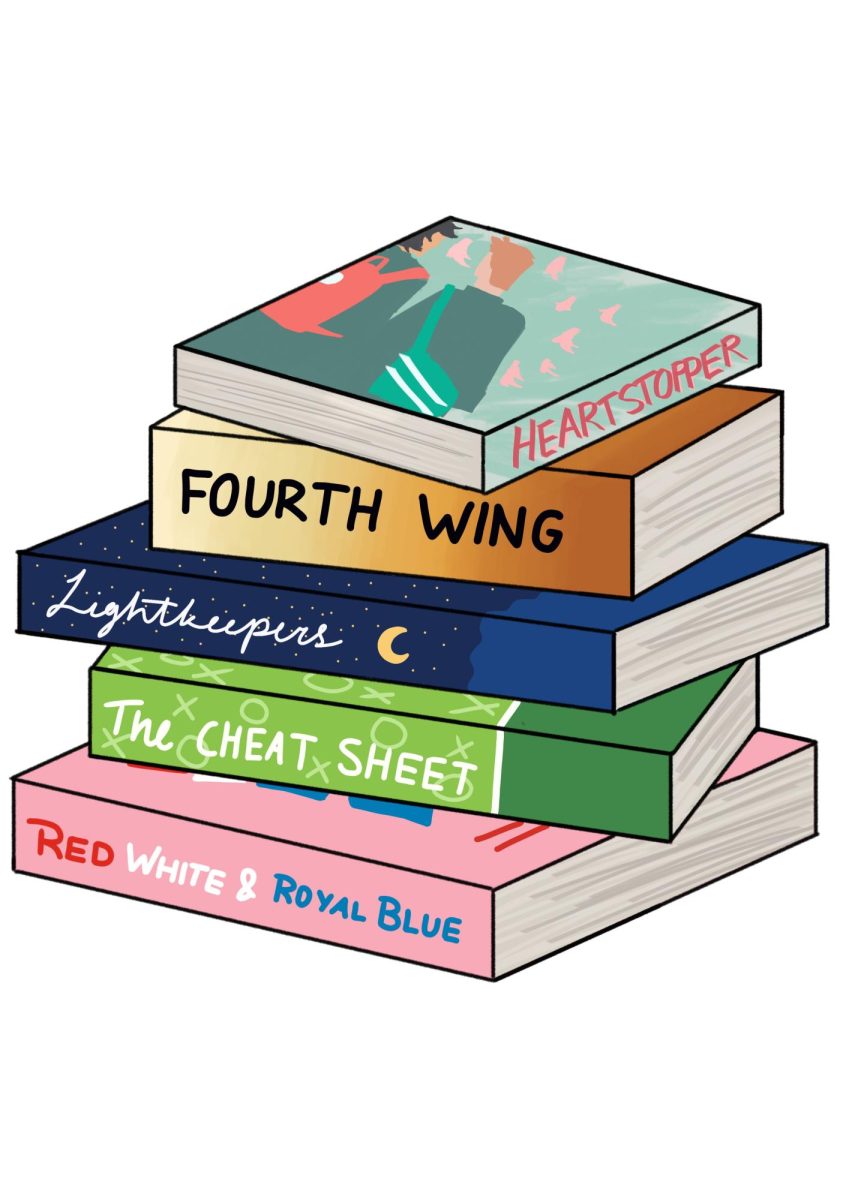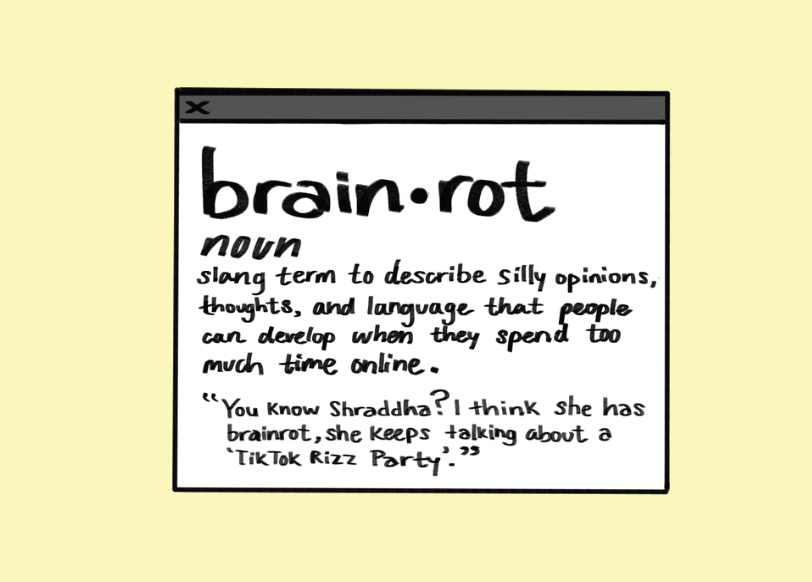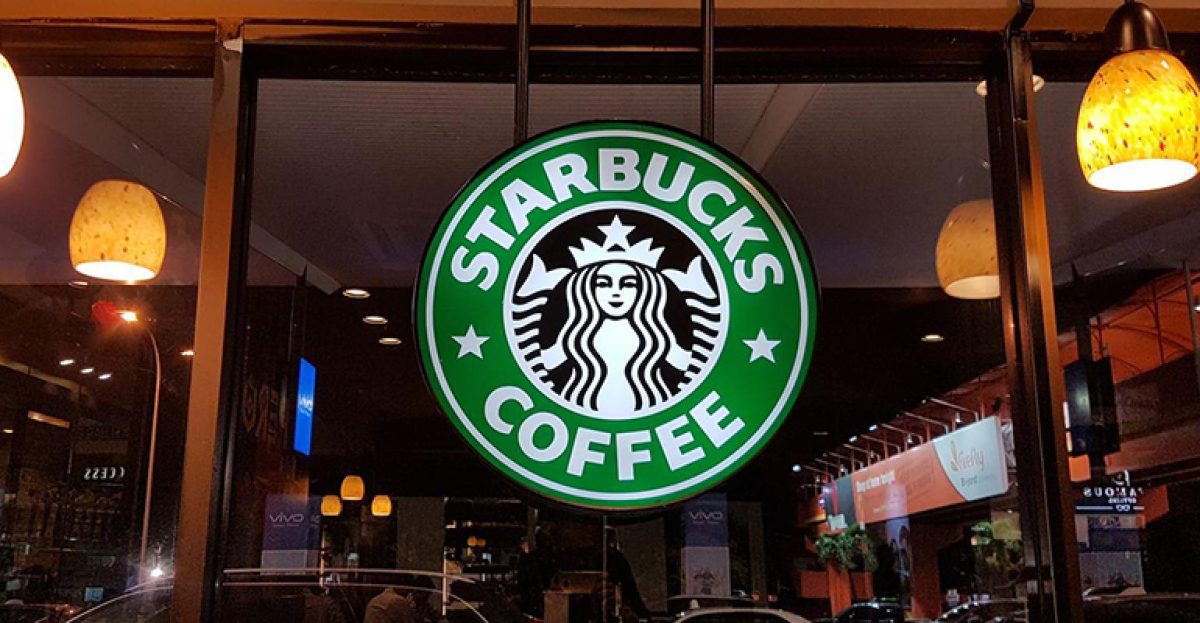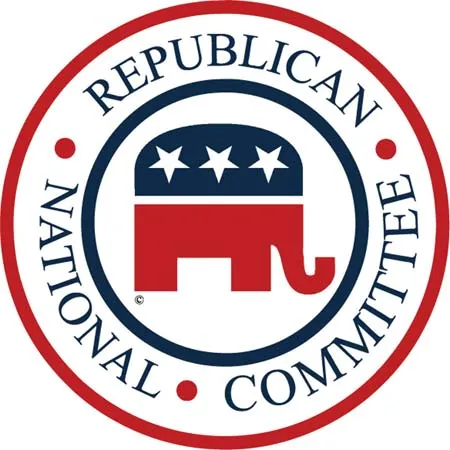
Boba is a hugely popular drink in the Bay Area. A walk around the FHS campus will show the extent to which its influence has reached the hands and wallets of teenagers and adults alike. However, boba is not all kittens and rainbows; the typically high sugar content combined with the chewy tapioca spells a recipe for dental health complications.
First, some background on the subject of scrutiny — the boba pearls themselves. The drink goes by several names: boba, bubble tea, tapioca, etc. As the names suggest, the chewy spheres sitting at the bottom of the popular tea drink are made of tapioca starch, derived from the South American cassava root. These pearls are known for their chewy, sticky texture, which poses a threat to dental health if one doesn’t properly manage their habits.
Devon Kenny is a Registered Dental Assistant at Keller Orthodontics and is familiar with the detrimental effects of boba drinks.
“Boba is sticky and chewy. So anything sticky and chewy is going to inherently stick to your teeth,” Kenny said. “It can especially be an issue when segments of the pearls get stuck in between teeth since those areas are often missed when not targeted properly during brushing or flossing.”
Another concern with boba drinks is the sugar content. Though almost all boba shops offer different sugar levels, many recommend or even assert higher sugar level options as the ‘normal’ or ‘regular’ level, thereby encouraging customers to request more sugar in their drinks.
“Anytime you’re drinking anything through a straw, you’re basically sipping on it little bit by little bit by little bit,” Kenny said. “I’m not saying drink it all within a minute, but the longer you sip on it, the more you’re just letting that sugar sit on your teeth.”
Kenny has had patients who drank boba frequently. “There was one patient that sticks out in particular, and she [had a] self-proclaimed boba addiction, and she had a high cavity rate,” Kenny said.
Kenny recommends boba drinkers enjoy their drinks as quickly as is comfortable and try and brush their teeth soon afterward. If not, sipping water in between or after drinks can also help mitigate residual sugar.



















